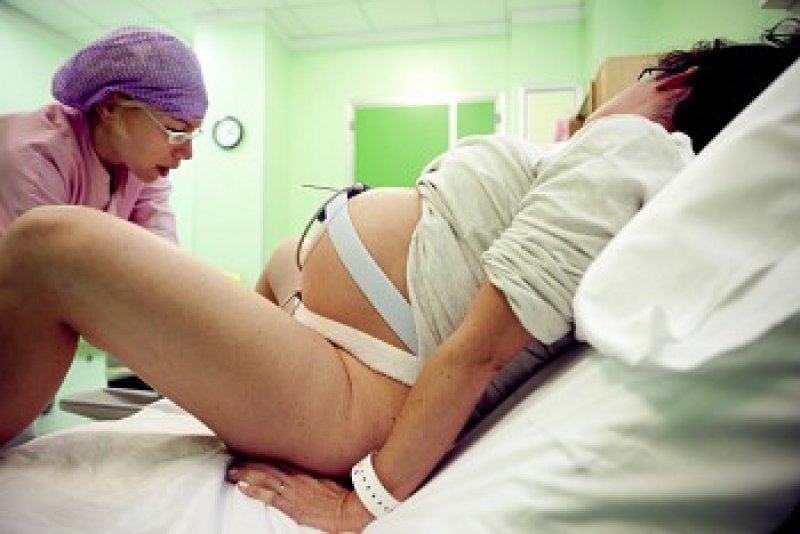The GLP aggregated and excerpted this blog/article to reflect the diversity of news, opinion and analysis.
Leave it to childbirth to cause a woman who’s never felt pain in her life to now experience persistent discomfort. When a 37-year-old woman with a condition known as congenital insensitivity to pain gave birth, her labor was as painless as expected. But during the delivery, she sustained pelvic fractures and an epidural hematoma that impinged on a nerve in her lower spine.
Since then, she has added an unfortunate variety of words to her vocabulary: Her hips “hurt” and “ache;” she feels a “continuous buzzing in both legs and a vice-like squeezing in the pelvis.” When resting, she is left with “tingling” and “electric shocks.” She now has headaches, backaches, period pains, and stomach cramps.
Congenital insensitivity to pain is an incredibly rare genetic disorder — there are only 20 recorded cases — that causes individuals to be totally unaware of pain.
Pain can arise when nerves are damaged, as was the case when this woman’s lumbar nerve was pinched during childbirth.
“You’d expect that they would stop working, but the opposite happens,” said Michael Lee, co-author of a recent paper on CIP. “What’s left starts to fire off randomly, leading to exceedingly unpleasant sensations. Our case suggests the genetic defect doesn’t protect against neuropathic pain, and that these patients can appreciate pain. The correct terminology really isn’t congenital insensitivity to pain, but congenital absence of nociception.”
Read full, original post: Woman incapable of feeling pain now feels pain all the time, thanks to childbirth































